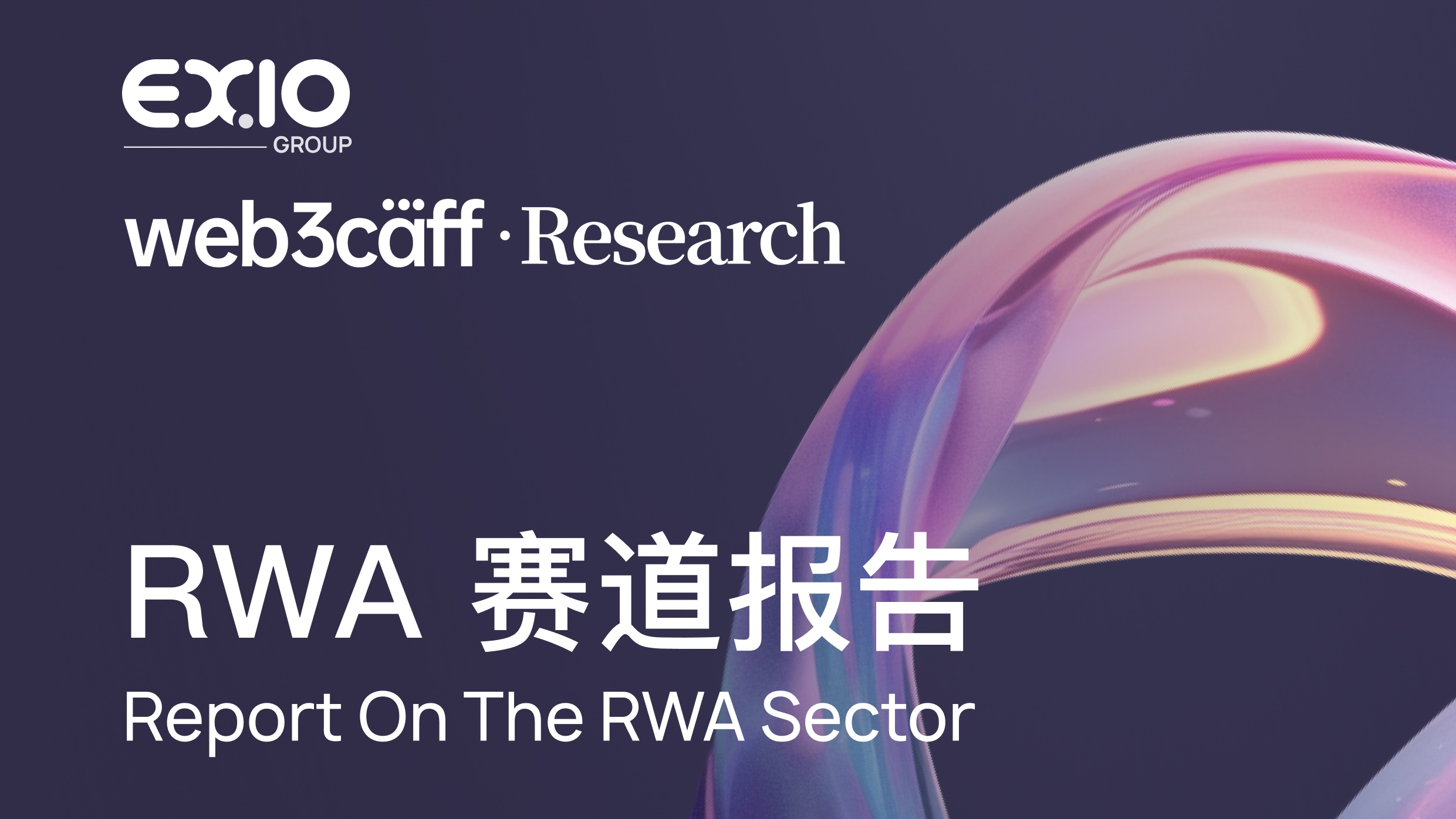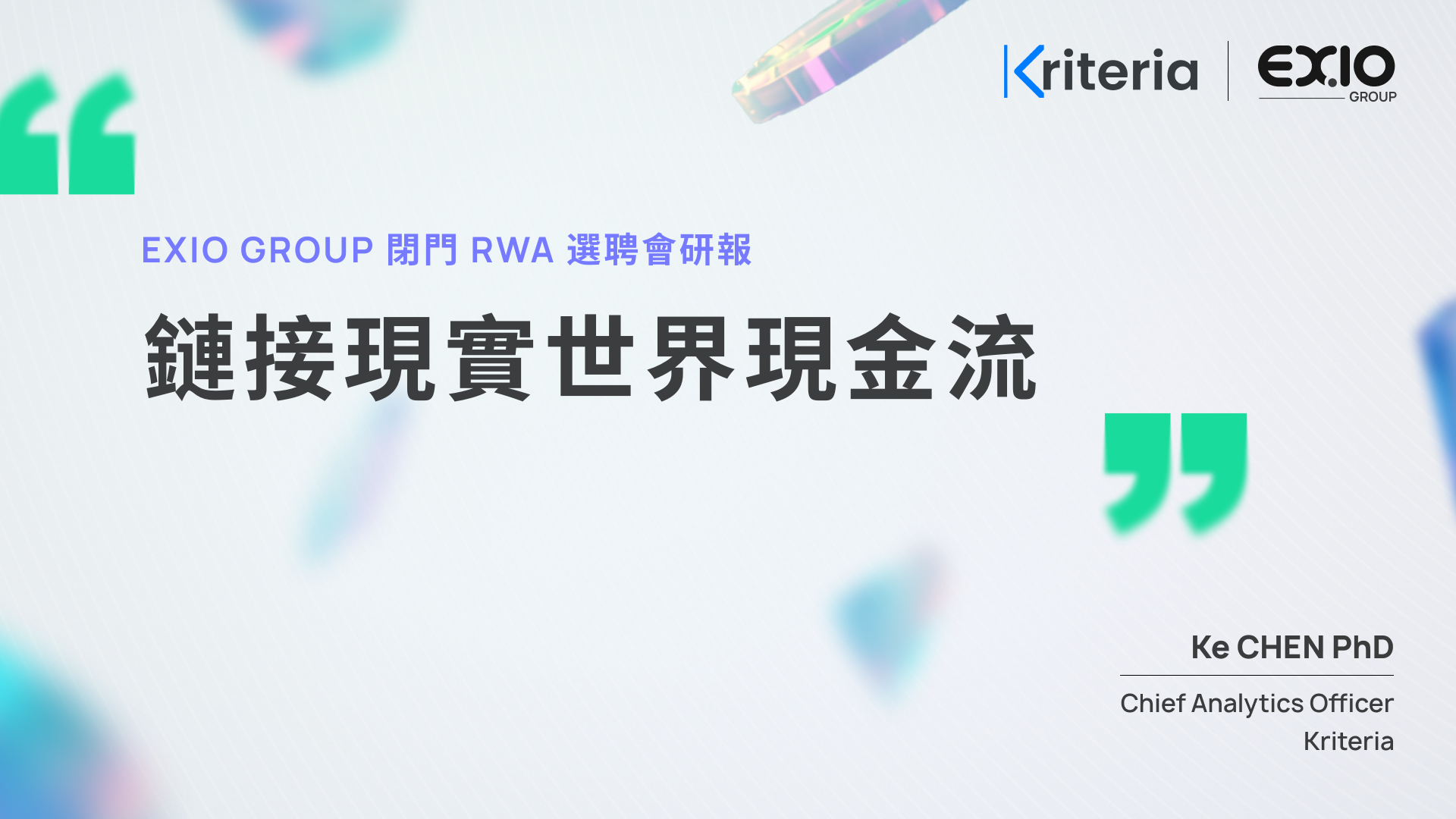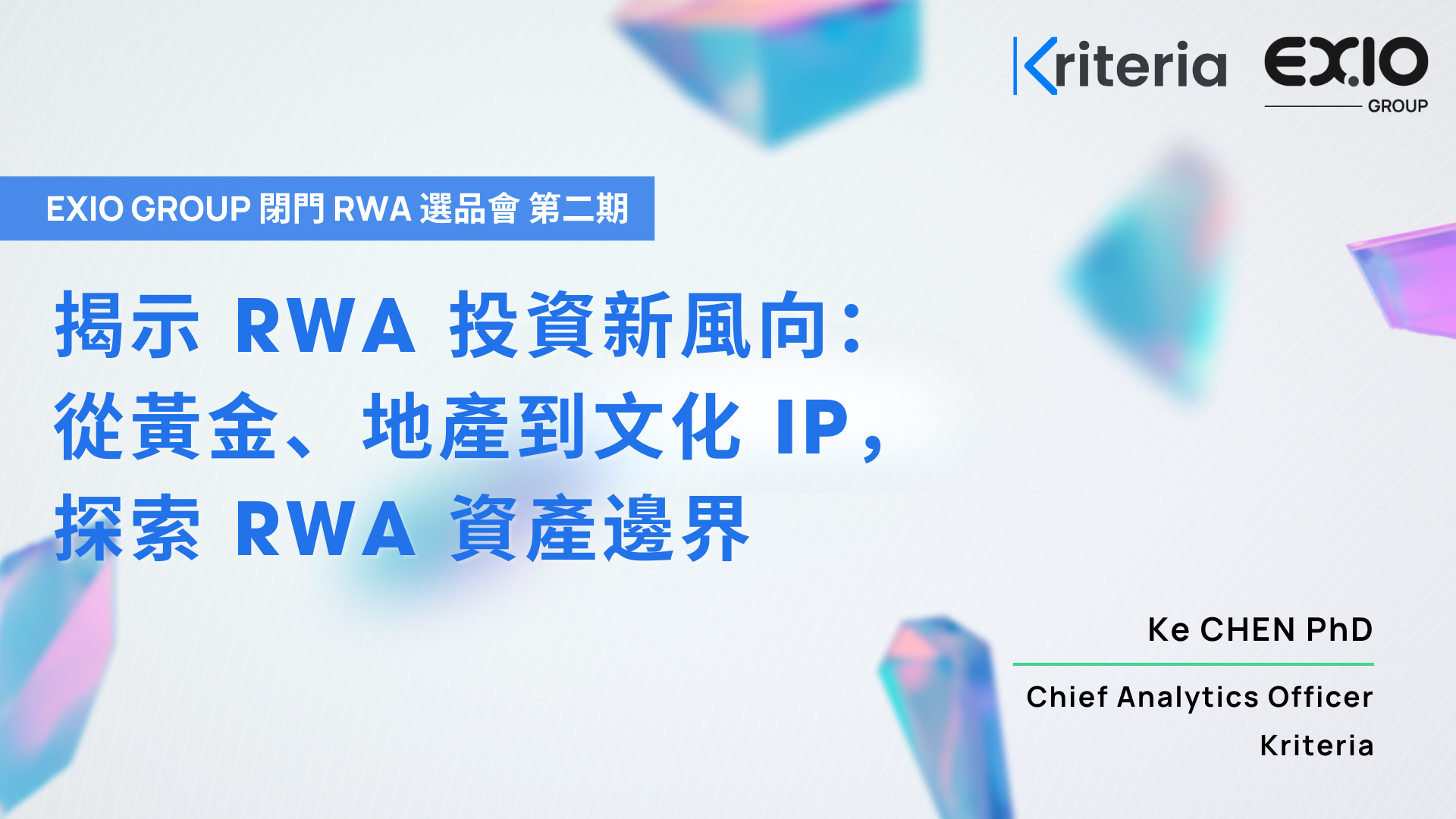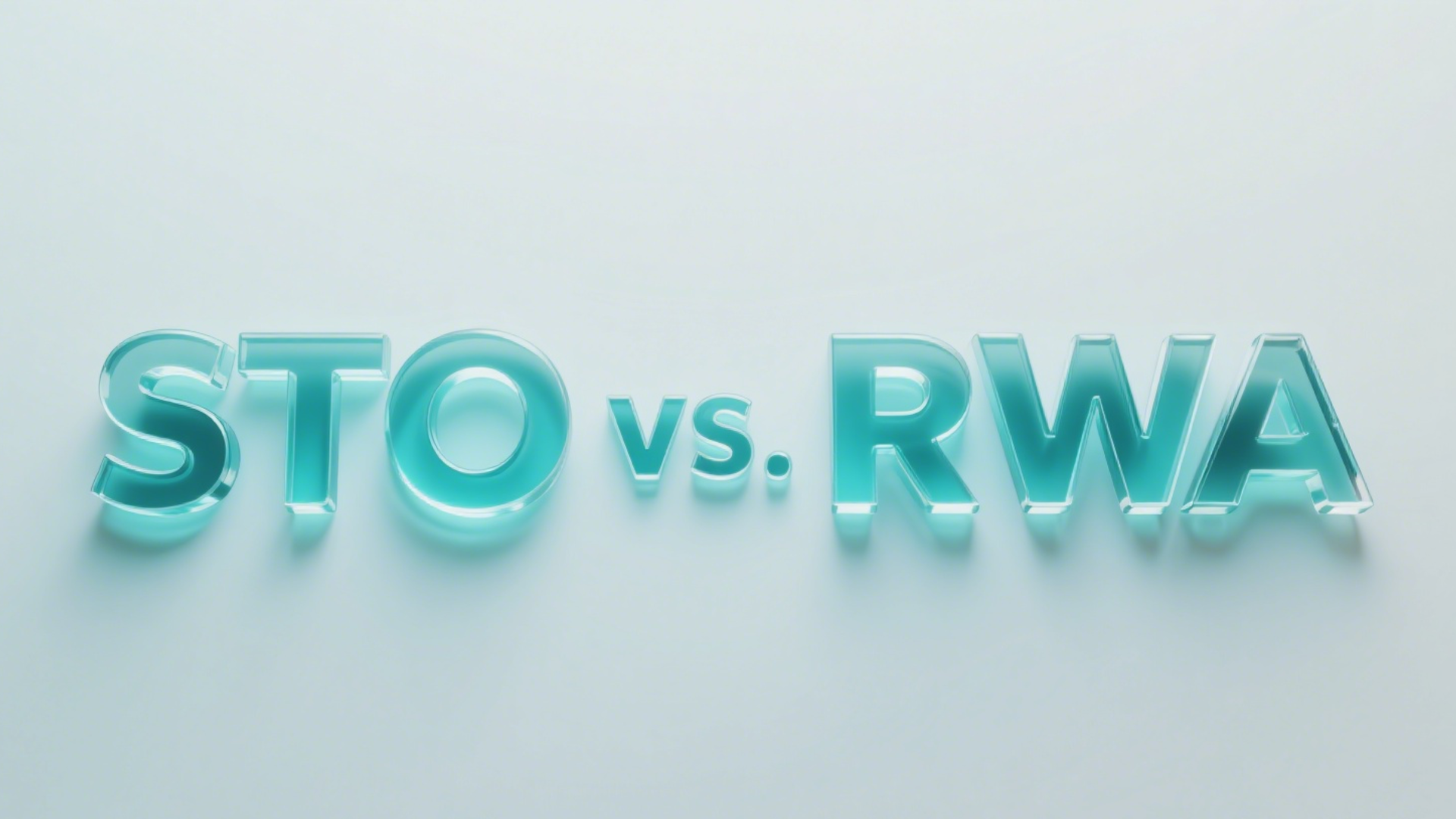Author: beta
-
🌟 SPOTLIGHT: The Institutional Green Light – Spot Bitcoin ETFs 🟢
—
by
This week, we spotlight the explosive success of Spot Bitcoin ETFs in 2024, led by giants like BlackRock and Fidelity, which have funneled billions into Bitcoin, cementing it as a core portfolio asset. With net inflows reaching $63.5 billion, BlackRock’s iShares Bitcoin Trust (IBIT) alone captured $35 billion. On January 11, 2024, 11 ETFs launched…
-
Looking for Fresh Graduates and Interns!
—
by
We are pleased to announce the opening of multiple opportunities for fresh graduates and interns. We are seeking talented and motivated individuals who aspire to build a career in the dynamic and fast-evolving world of Web3. These positions offer the opportunity to gain valuable experience, collaborate with industry experts, and contribute to impactful projects shaping…
-

RWA 赛道 25 年 Q4 最新2.5 万字报告: 内地、中国香港等全球视角下,RWA正如何兼顾技术、监管与市场平衡? 全景式拆解其演化路径、合规策略、风险挑战与发展前景
—
by
閲讀原文:RWA 赛道 25 年 Q4 最新 2.5 万字研究报告:内地、中国香港等全球视角下,RWA 正如何兼顾技术、监管与市场平衡?全景式拆解其演化路径、合规策略、风险挑战与发展前景 – Web3Caff Research
-
The 2024 SFC-HKMA Joint Survey Report reveals a booming Hong Kong market for investment products!
—
by
🌟 The 2024 SFC-HKMA Joint Survey Report reveals a booming Hong Kong market for investment products! 📈 With transaction volumes hitting HK$6,073B (up 40%), record client participation (1.208M), and a surge in online sales (17%), the market shows strong growth. This report highlights the thriving development of Hong Kong’s non-exchange traded investment product market in…
-

【Exclusive】EXIO Group’s Third Closed-Door RWA Selection Session Research Report: Connecting to Real-World Cash Flows
—
by
Abstract Following the enthusiastic response to its first two sessions, EXIO Group recently successfully hosted its third closed-door Real World Asset (RWA) project selection event. Web3 credit analysis firm Kriteria was once again invited as an independent evaluator. The session focused on income-generating RWA projects deeply embedded in the real economy and capable of producing…
-

【Exclusive】EXIO Group’s Second Closed-Door RWA Selection Meeting Unveils New Investment Trends in Real World Assets: From Gold and Real Estate to Cultural IPs, Exploring the Boundaries of RWA Investments
—
by
Introduction A closed-door meeting attended by only a select few may signal the investment direction of the trillion-dollar Real World Assets (RWA) market. Following the success of the inaugural RWA Selection Meeting, Kriteria, a Web3 credit analysis firm, was invited as an independent evaluator to participate in the second closed-door RWA project selection meeting hosted…
-
Product Manager
—
by
We are currently seeking a highly skilled and motivated Product Manager who will assume the pivotal responsibility of strategizing, supervising, and meticulously guiding projects from their initial stages of conception all the way to their successful completion. As a key player within EX.IO, the Product Manager will actively engage in effective collaboration with a diverse…
-

RWA Jargons – STO vs. RWA
—
by
Security Token Offerings (STOs) and Real-World Assets (RWAs) involve asset tokenization on blockchains but differ in nature and regulation. STOs offer regulated investment avenues, suitable for institutional investors; RWAs democratize asset access, appealing to retail investors. STOs face complex compliance requirements, while RWAs involve challenges in asset valuation and custody. According to BCG, the RWA…
-

RWA Jargons – What is EVM Compatibility (Ethereum Virtual Machine Compatibility)
—
by
Ethereum Virtual Machine (EVM) compatibility refers to blockchains supporting EVM to run smart contracts, enabling cross-chain deployment of Ethereum-developed dApps. The EVM, proposed by Vitalik Buterin in 2013, is Ethereum’s core computing engine, executing smart contracts and maintaining blockchain state. EVM-compatible blockchains (e.g., Polygon, Binance Smart Chain, Avalanche) support ERC-20 tokens and NFTs, offering low-cost,…
-

RWA Jargons – What is Tokenomics
—
by
Tokenomics refers to the economic model of tokens, designing issuance, distribution, incentives, and burning mechanisms that impact their value and sustainability. Key elements include: For example, MakerDAO adjusts DAI supply via stability fees to maintain its dollar peg. Well-designed tokenomics enhance project appeal, attracting investors, as seen in Uniswap’s UNI airdrop incentivizing participation. Poor design…
